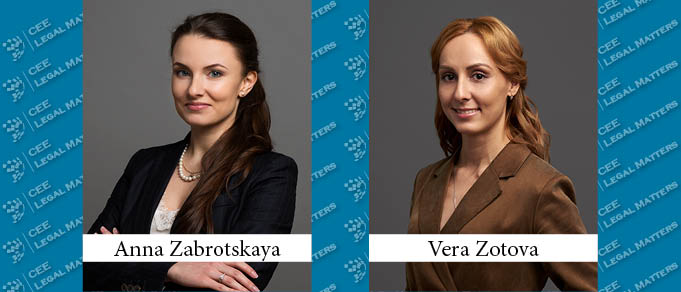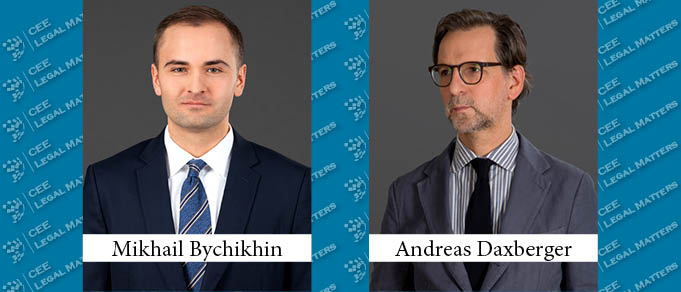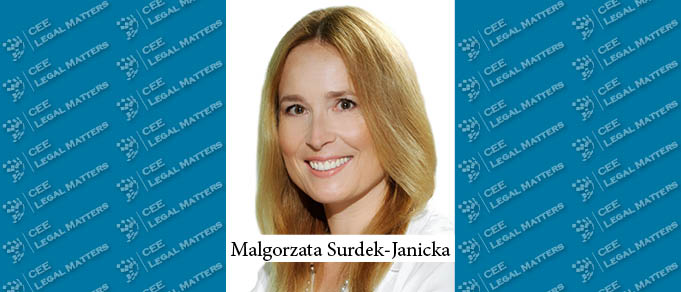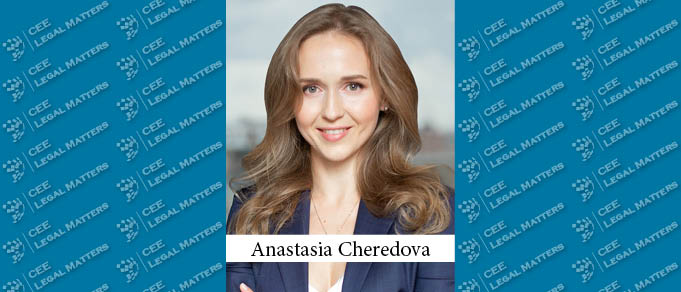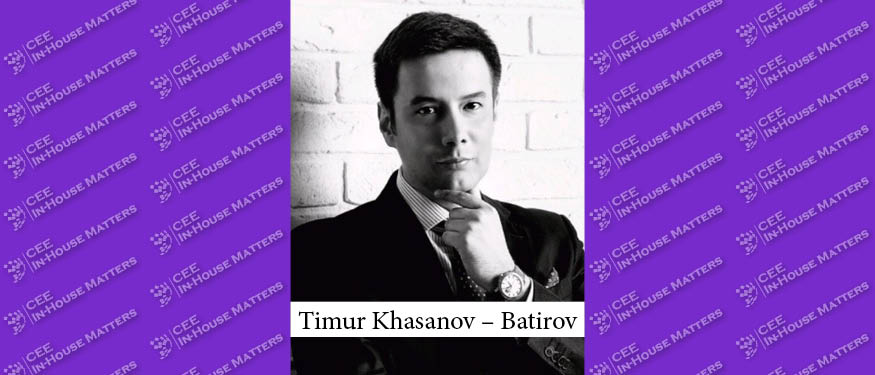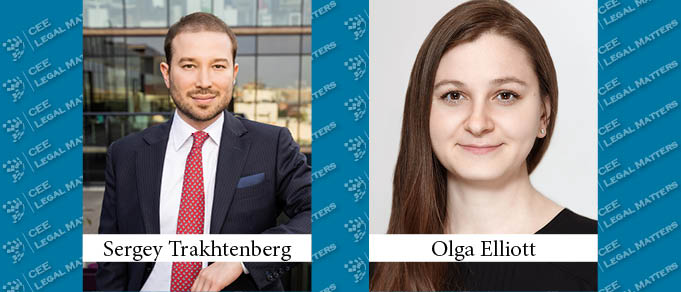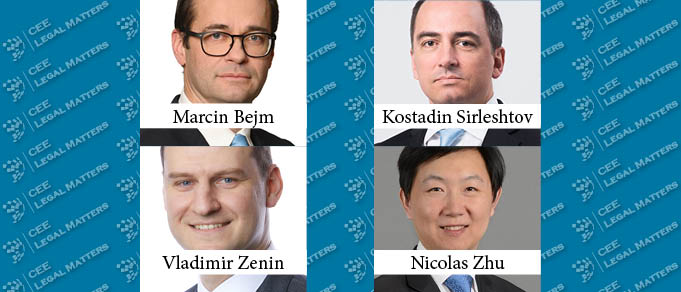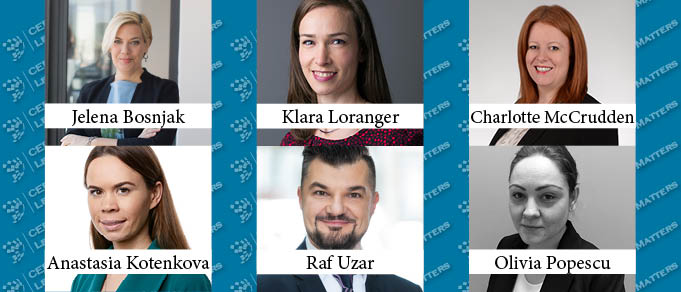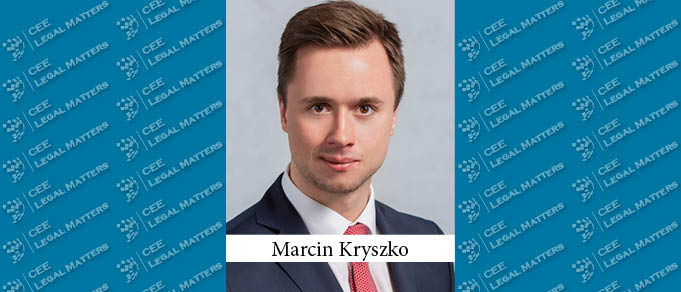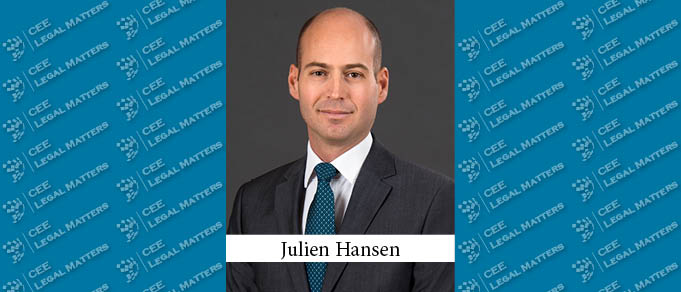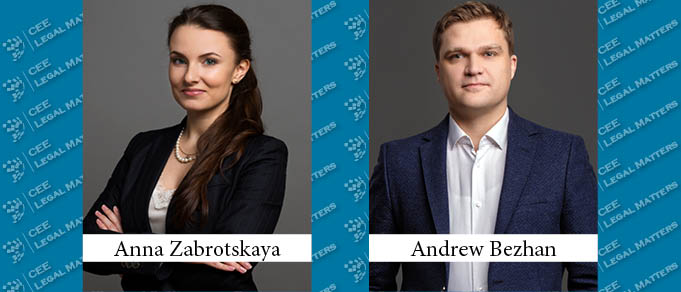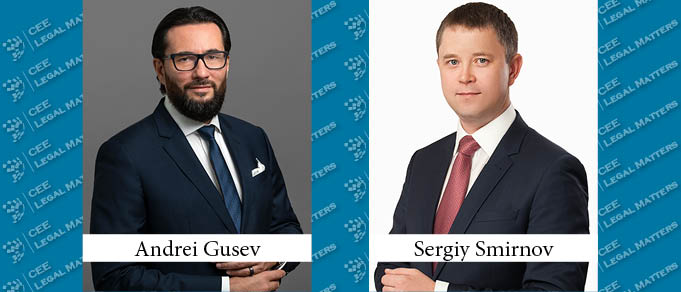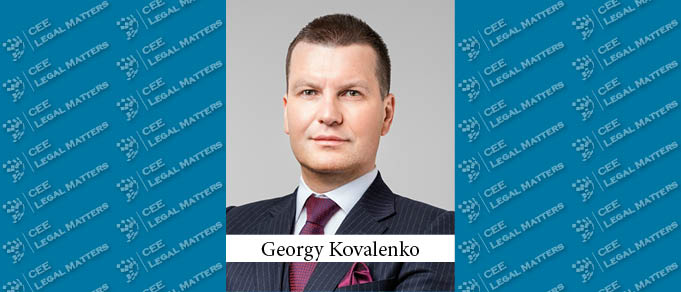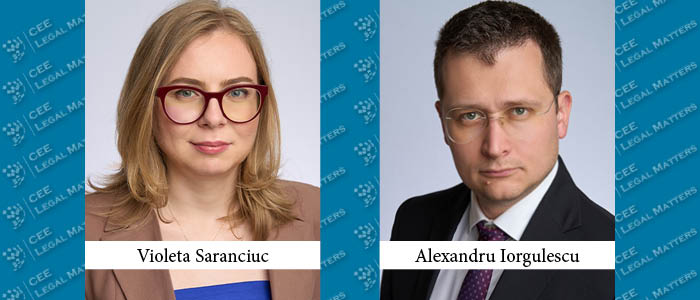The influence of digital technologies on all spheres of life is currently on the increase. This has led to intellectual activity appearing in a variety of digital formats. One of them is the Non-Fungible Token (“NFT”).
New VIAC Arbitration and Mediation Rules Entered into Force
In July, new Arbitration and Mediation Rules of the Vienna International Arbitration Centre ("VIAC" and "VIAC Rules") entered into force. The revised VIAC Rules will apply to arbitrations commenced after 30 June 2021.
Russia: Legal Protection of Pharmaceutical Products in Russia
The mechanism of patent protection is most in demand in the Pharmaceuticals industry, and a review of judicial practice in Russia demonstrates how zealously pharmaceutical companies protect their exclusive rights to gain a market advantage.
The Buzz in Russia: Interview with Konstantin Kroll of Dentons
Konstantin Kroll, Partner and Head of Russian Corporate and M&A Practice at Dentons in Moscow, reports that the Russian economy has experienced a rise in M&A transactions and that the government has taken steps to curb offshoring, regulate convertible loans, and increase the number of international arbitration tribunals in the country.
ICC International Court of Arbitration Appoints Malgorzata Surdek-Janicka as Vice-President
CMS' Malgorzata Surdek-Janicka has been appointed as Vice-President of the International Court of Arbitration at the International Chamber of Commerce in Paris. Aside from Surdek-Janicka, 33 lawyers from CEE were appointed as members and alternate members of the court.
Litigation in Russia - Myth or Reality?
In the first half of 2021, we at VEGAS LEX completed a survey among 100+ foreign lawyers to reveal myths concerning dispute resolution in Russia. In most questions, the respondents were asked to choose “True” or “False” on the proposed statements.
Foreign Arbitral Awards in Russia — Public Policy Issue
International arbitration is a highly popular instrument of the dispute resolution, and, therefore, the actual recovery of debts is a matter of high importance. Meanwhile, creditors often face problems in the process of recognition and enforcement of foreign arbitral awards in Russia. Statistics for 2020 shows that 87 of 244 claims submitted to Russian courts were dismissed (35.6%). This means that each third claimant cannot count on receiving the funds in reality.
Timur Khasanov-Batirov Joins Eterna Law as Head of Compliance Practice
Timur Khasanov-Batirov, former Head of Compliance for Russia & CIS at the Stada Group, has returned to private practice by joining Eterna Law as Partner and Head of the firm’s Compliance Practice.
Key Developments in Russian Real Estate Legislation in 2020
Most changes in Russian commercial real estate law in 2020 were associated with the COVID-19 pandemic and the governmental bans and restrictions introduced in connection with it.
Russia: “With Great Power Comes Great Responsibility…”
Several years ago, certain amendments concerning the status of a CEO in Russia (in Russian corporate law, as a rule, this position is called General Director) were introduced to the Russian Civil Code as a part of a major reform of Russian civil legislation. Among these changes was the introduction of the ability to limit the liability of a CEO for damages he or she inflicted on the company, although this is still not widespread and is untested in practice. In this article, we address certain key issues regarding the civil liability of CEOs in Russia, including its potential limitation.
The Chinese Belt and Road Initiative: Infrastructure Opportunities in CEE
The Chinese Belt and Road Initiative is one of the most ambitious development projects since the turn of the century. Through thousands of individual projects implemented under the BRI umbrella, China intends to develop land and sea corridors to support economic trade and development, integrate various regions of the world, and facilitate policy coordination, connectivity, unimpeded trade, financial services, and the connection of people. The BRI was launched in 2013, and last year was revamped with a new set of objectives.
Marketing Law Firm Marketing: Most Valuable Software Tool
New technologies are all the rage, as law firms adapt to the telecommuting and digitalization realities that accompanied the Covid-19 pandemic. Accordingly, we decided to ask our Law Firm Marketing experts from across the region a simple question: “What is the single most important/valuable piece of software you use?” As always, we asked respondents to focus on the question at hand, rather than – as we put it – using the question simply as an excuse to “tell us that their firms are awesome.” Not everyone was able to resist.
Cash Pooling in Russia – To Loan or Not to Loan?
Cash pooling is a convenient tool for optimizing cash management within a group of companies, but its popularity in Russia is limited. One of the reasons for this is the lack of unified legislation on cash pooling. In fact, it is subject to a complex regulatory landscape of civil, tax, banking, currency control, and insolvency law. One resulting difficulty is qualifying the very nature of the cash pooling arrangements. At first glance this may appear a purely academic problem, but in practice it has far-reaching practical implications.
Expat On The Market: Julien Hansen of DLA Piper Moscow
An interview with Julien Hansen of DLA Piper Moscow.
Market Snapshot: How Investors in Russia Can Restore Corporate Control
“Loss of corporate control” encompasses various scenarios involving a person who controls a corporation ceasing to control its management bodies’ actions and decisions.
Market Snapshot: Sanctions-Related Amendments in Russian Commercial Procedure
As of June 19, 2020, Russian arbitrazh (commercial) courts have exclusive jurisdiction to hear certain cases related to “anti-Russian” sanctions. Affected legal entities and individuals may also apply for anti-suit injunctions in an attempt to prevent counterparties from pursuing claims abroad. Recent cases show that these new entitlements are not as favorable as once thought.
Between a Rock and a Hard Place: Practicing Law in Crimea
Since the Russian Federation’s annexation of Crimea in 2014, the peninsula in the Black Sea has been a minefield of conflicting international claims and interests, putting lawyers trying to work there, boxed in by the threat of sanctions from the West and counterveiling pressure from Moscow, in an untenable position.
Guest Editorial: Trends in the Russian Legal Market
Several important trends have appeared on the Russian legal market since 2014, the first year of EU/US sanctions and Russian countersanctions: 1) the growth in the market share of domestic law firms; 2) the in-sourcing of a large amount of legal work inside corporate legal departments; 3) the entrance of nonconventional players (such as banks and mobile operators) into the legal services market; and 4) the increased focus of lawyers on IT solutions and efficiency.

